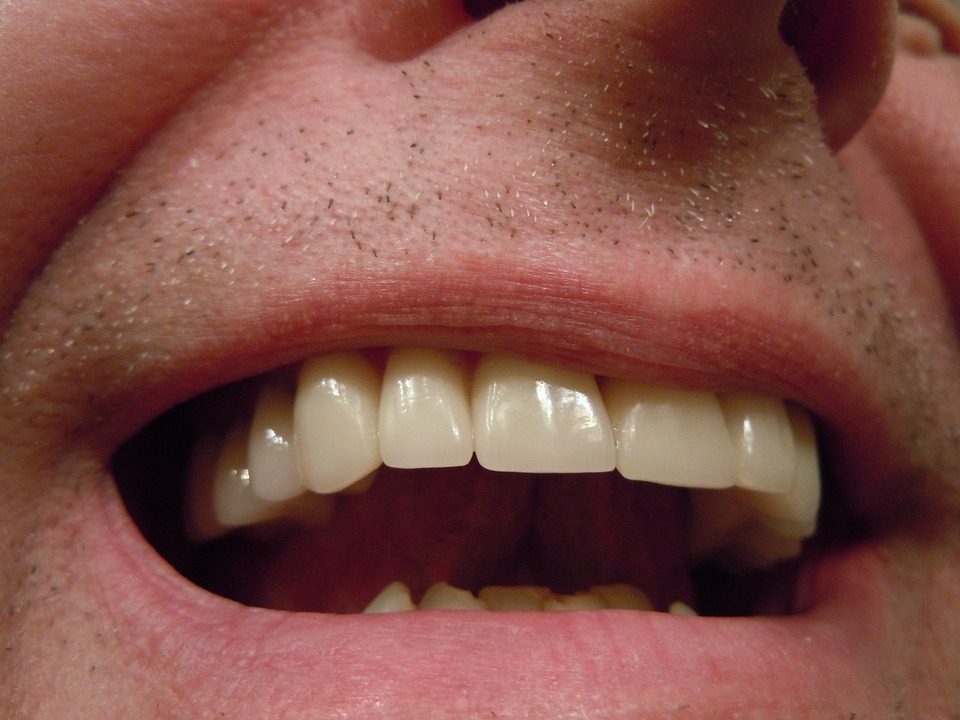
Dr. David Samadi Explains Why Men Are More Likely To Develop Serious Dental Problems
Dr. David Samadi often publishes health advice articles for men. He attended medical school in New York at Stony Brook University School of Medicine, and he has been practicing medicine since 1994. Dr. David Samadi leads the robotic surgery department at Lenox Hill Hospital in New York. His research includes robotic surgery, urology and oncology applications.
As a celebrity doctor, he has appeared on multiple talk shows, news segments and other media broadcasts. His advice and statements have been published in online journals, blogs and news stories. Dr. Samadi is especially known for developing his own specialized robotic surgery technique for prostate cancer patients.
According to post-surgical statistics, his technique’s success rate for cancer-free results is about 90 percent. Since men face unique health risks, Dr. David Samadi encourages them to learn about those risks and be proactive with proper preventative care.
In a recent article posted on samadimd.com, Dr. David Samadi explains five reasons why men are more likely to develop dental problems than women.
- Men are more likely to develop dry mouth. Dry mouth is also called xerostomia. When there is a decrease in the amount of saliva in the mouth, this medical condition is the result. A decrease in saliva is usually caused by salivary glands that function improperly. Saliva is an important part of oral health since it keeps the mouth moist and prevents tooth decay. If men neglect their regular dental care, they are more likely to develop serious oral health issues from dry mouth. As time passes, dry mouth may reduce a person’s ability to taste. It often makes swallowing or chewing more difficult, and it makes plaque accumulate faster. When plaque builds up faster, cavities are more likely to develop. Burning mouth syndrome is also a common occurrence with dry mouth. When the tongue lacks essential moisture, it becomes sensitive and develops a burning sensation. Additionally, dry mouth may cause ulcerated sores, bad breath and gum problems. For those who wear dentures, it can cause gum sensitivity that leads to chronic mouth pain.
- Men are less likely to visit the dentist frequently. In comparison with women, men make fewer dental appointments. Also, they are more likely to skip dentist appointments after setting them. Since many men do not visit the dentist enough, they are more likely to have tooth sensitivity, cavities and mouth infections. People who do not visit the dentist regularly are more likely to lose their teeth prematurely from bad cavities or oral diseases.
- Men have more problems with their gums. Gum disease is often a complication of hygienic neglect, and it varies in levels of severity. Gingivitis can be treated and controlled with regular dental visits. However, it can turn into serious periodontal disease that may lead to bone loss and tooth loss. Other types of gum infections are also more common among men. Since these conditions do not usually cause major pain or discomfort in earlier stages, men often neglect gum problems until they become advanced. At advanced stages, periodontal disease is expensive to treat. Also, procedures to treat advanced problems are more invasive.
- Men are not as likely to brush their teeth correctly. Dentists usually tell people to brush their teeth twice each day or after every meal. When people do not brush their teeth often enough, they develop plaque. If it is not removed regularly, it will build up and turn into tartar or calculus that can only be removed by a dentist. Tartar buildup between the teeth can lead to cavities and bone loss over time. People who brush too aggressively damage their gums, and people who do not brush their teeth long enough are more susceptible to oral problems. Infections, inflammation, cavities, bad breath and bleeding gums are all associated with improper brushing. Dentists recommend that people floss daily and brush their teeth for about two minutes. Since improper brushing leads to serious issues that result in tooth loss, men are more likely to need dentures or implants as they get older.
- Men have a higher risk of developing oral cancer. Although any person can develop oral cancer, some factors increase the possibility. Statistics show that men who are over the age of 55 are more likely to develop oral cancer than women who are over the age of 55. According to research, about 80 percent of people who develop oral cancer have a history of tobacco use. This percentage includes people who use cigarettes, snuff or chewing tobacco. If men consume alcohol regularly, they face a higher risk of developing oral cancer. Approximately 70 percent of all diagnoses are tied to heavy drinking. If a man drinks and smokes heavily, his risk of developing oral cancer may be as much as 100 percent higher than the average healthy person’s risk of developing it.
When dentists perform checkups, they inspect all mouth surfaces to look for early signs of oral cancer. There are multiple forms of oral cancer, and they are all easier to treat when they are discovered early. Also, there is less risk of the cancer spreading if it is discovered early. In his article about men’s oral health, Dr. David Samadi recommends visiting the dentist every six months. Dentists usually perform X-rays once per year to look for signs of tooth decay, bone issues and other potential problems. They also remove tartar and look for cavities and gum disease.
In addition to encouraging preventative dental care, Dr. David Samadi recommends preventative physical care for men. He frequently emphasizes the importance of men getting an annual physical exam to identify any early signs of serious diseases and especially prostate cancer. As a celebrated surgeon, Dr. Samadi provides men with valuable tips for preventing prostate cancer. From diet tips to exercise advice, his site is full of useful information for men who want to take good care of themselves. Dr. David Samadi also welcomes men who have been diagnosed with prostate cancer to contact his office.
Stay up to date with all of Dr. David Samadi’s health tips by following him on Facebook, Twitter and LinkedIn.














Leave a Reply
Be the First to Comment!
You must be logged in to post a comment.
You must be logged in to post a comment.